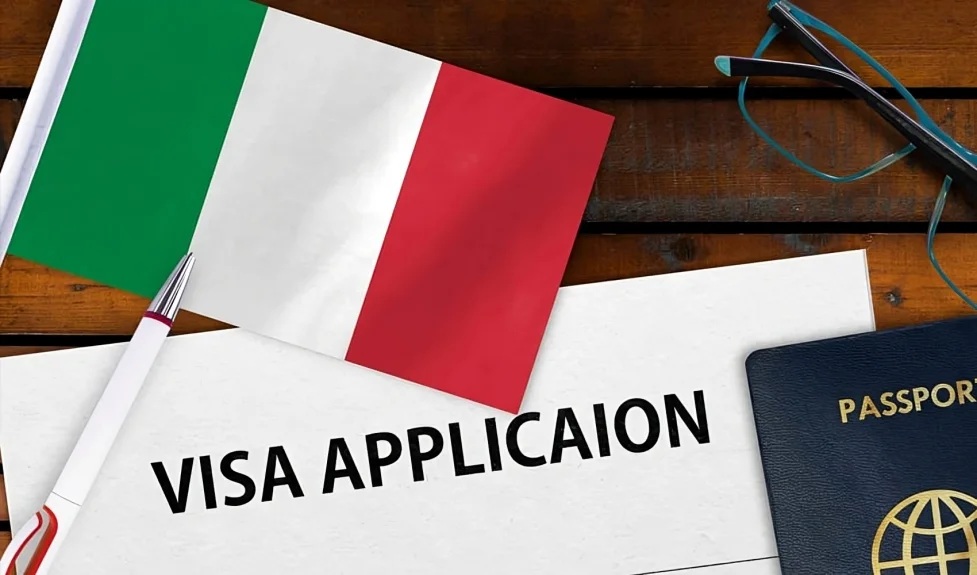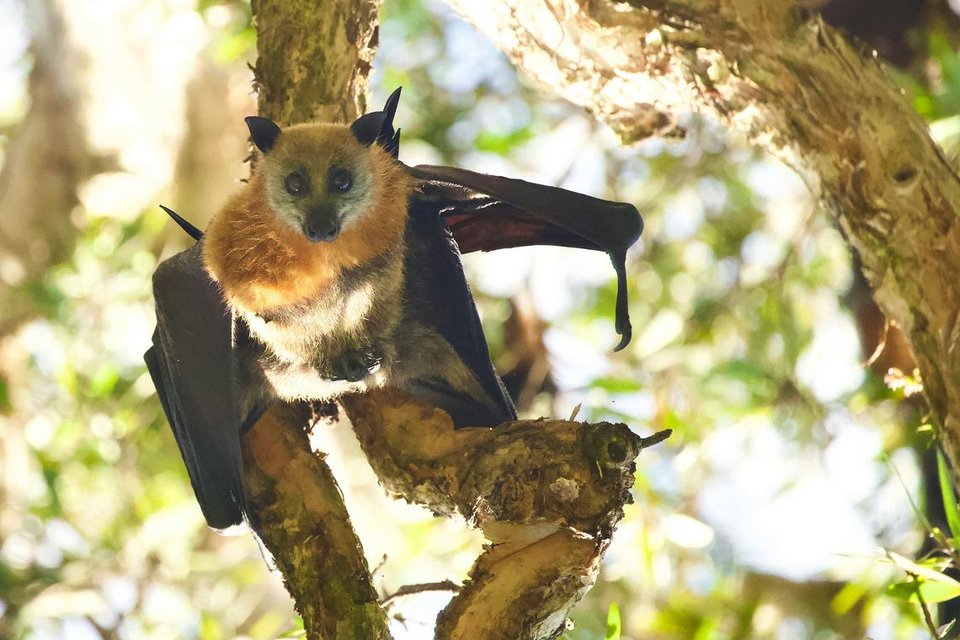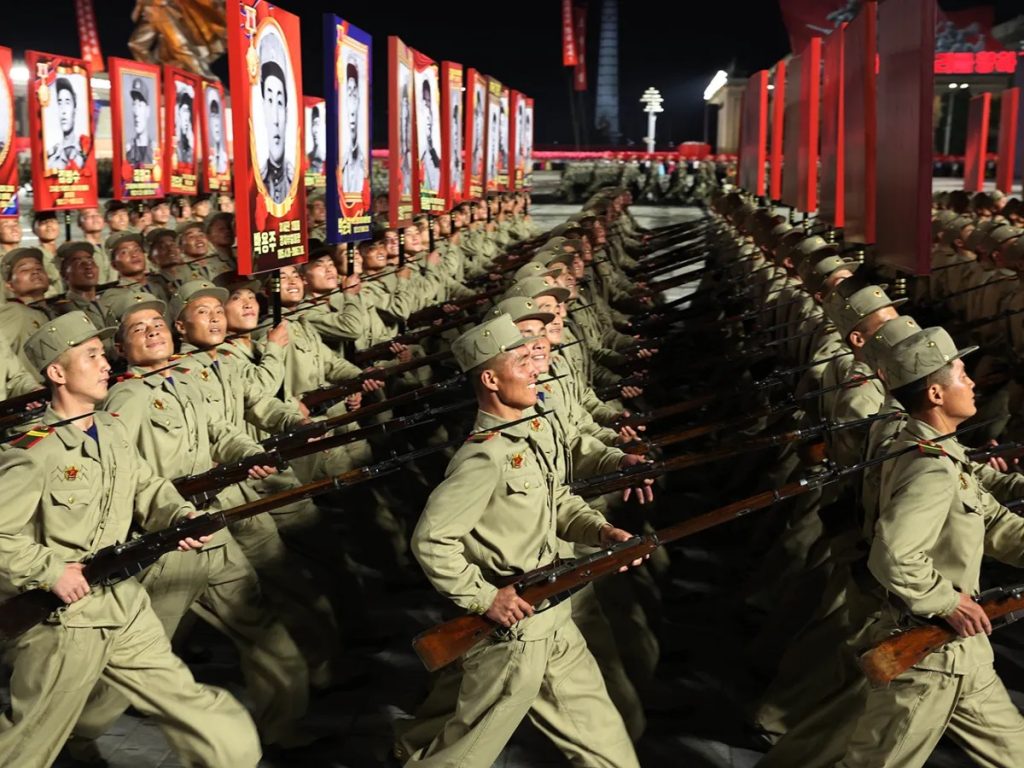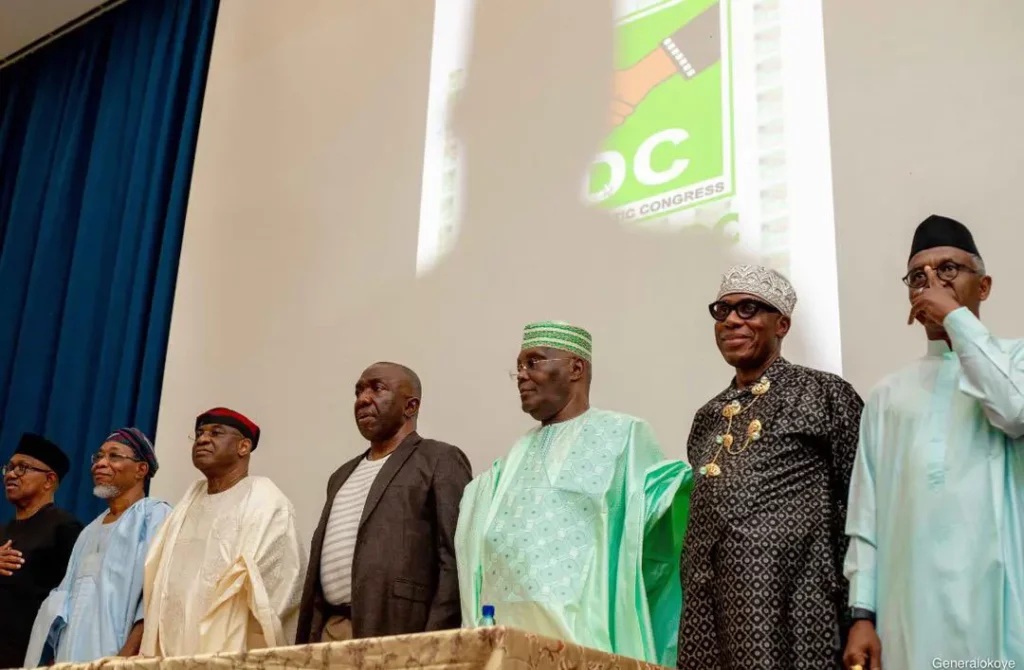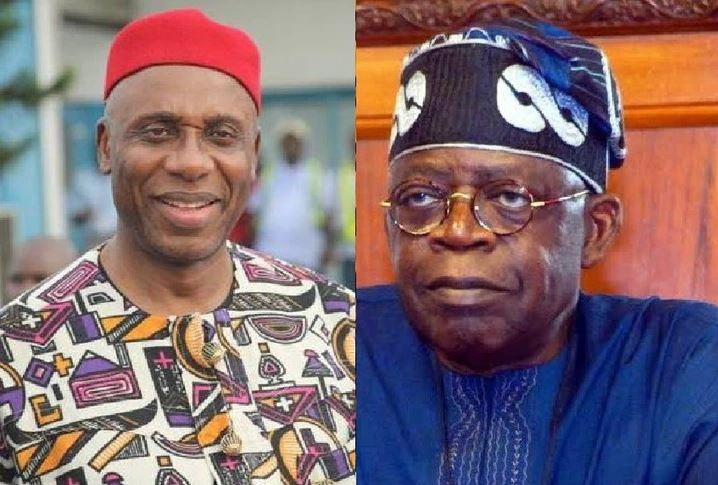News
2027: 7 Key Facts About ADC–The New Bride Party

In what could reshape Nigeria’s political landscape ahead of the 2027 general elections, the African Democratic Congress (ADC) has emerged as the surprise coalition party of choice for top political heavyweights seeking to oust President Bola Ahmed Tinubu and the ruling All Progressives Congress (APC).
On Tuesday, the ADC made a bold statement by naming former Senate President David Mark as interim National Chairman and former Osun State Governor Rauf Aregbesola as National Secretary, signaling a high-stakes political realignment.
Backed by a growing alliance of political juggernauts including former Vice President Atiku Abubakar, ex-Kaduna Governor Nasir El-Rufai, and ex-Rivers Governor Rotimi Amaechi, the ADC is now being dubbed the “bride party” in Nigeria’s emerging opposition front.
Here are seven key things to know about the ADC and why it matters in 2027:
1. Founded in 2005 with Pan-African Aspirations
Initially called the Alliance for Democratic Change, the party rebranded as the African Democratic Congress (ADC) to reflect broader ambitions beyond Nigeria’s borders.
2. INEC Registration & First Election in 2007
The ADC secured INEC recognition in 2006 and began fielding candidates in national elections by 2007.
3. Gained National Assembly Entry in 2011
ADC became a mainstream player after clinching National Assembly seats in 2011, signaling its credibility as a viable opposition party.
4. Obasanjo’s 2018 Endorsement Boost
The party gained traction after receiving a high-profile endorsement from former President Olusegun Obasanjo through his Coalition for Nigeria Movement (CNM).
5. Electoral Track Record
Though not yet a major vote-getter nationally, ADC’s presidential candidates have consistently contested elections:
- 2015: Dr. Mani Ibrahim Ahmad – 29,666 votes
- 2019: Dr. Obadiah Mailafia – 97,874 votes (4th place)
- 2023: Dumebi Kachikwu – 81,919 votes (5th place)
- 6. Legislative Wins in 2023
The party retained a presence in the National Assembly, with Leke Abejide re-elected for Yagba Federal Constituency.
Though Salman Idris, elected under ADC in Kabba-Bunu/Ijumu, has since defected to the APC.
7. Reform Agenda and Vision
ADC presents itself as a centrist platform advocating for youth/women empowerment, digitalisation, and grassroots mobilisation.
The party aims to dislodge elite dominance and foster transparent, inclusive governance.
As 2027 approaches, the ADC’s evolving role as a coalition anchor could pose the biggest electoral challenge to Tinubu’s re-election bid.
With former rivals now aligned, political observers believe Nigeria may witness one of its fiercest presidential battles yet.
For Diaspora Digital Media Updates click on Whatsapp, or Telegram. For eyewitness accounts/ reports/ articles, write to: citizenreports@diasporadigitalmedia.com. Follow us on X (Fomerly Twitter) or Facebook



